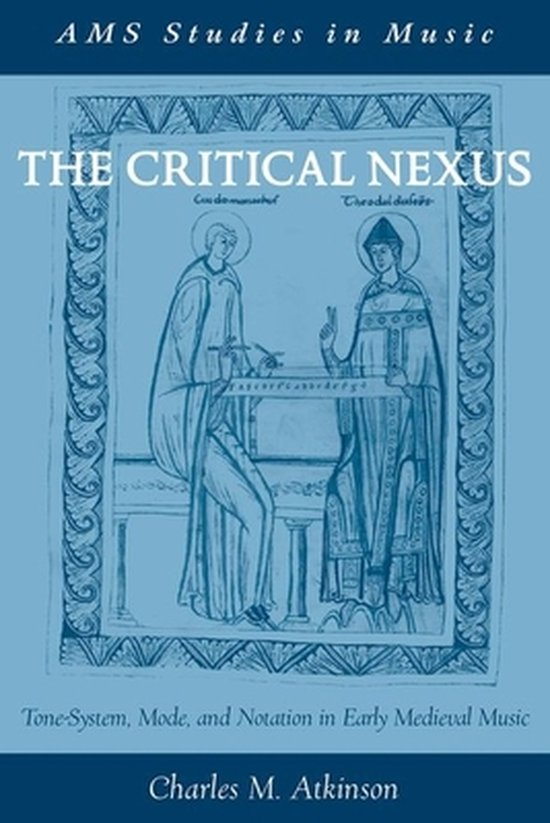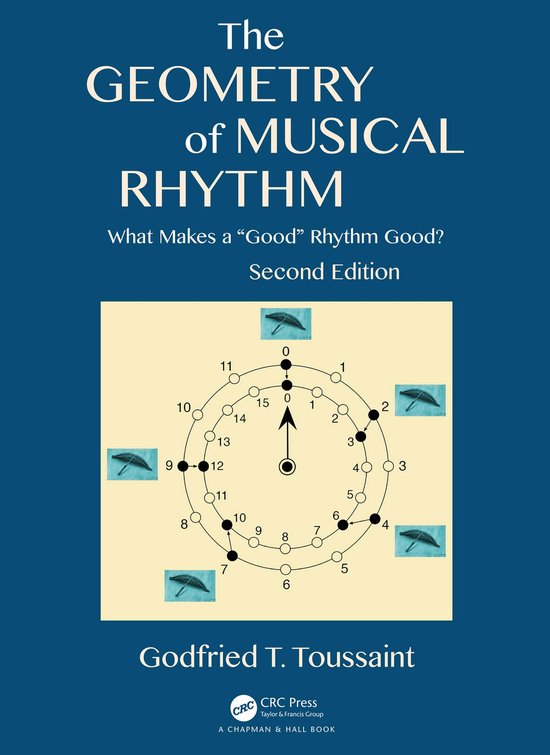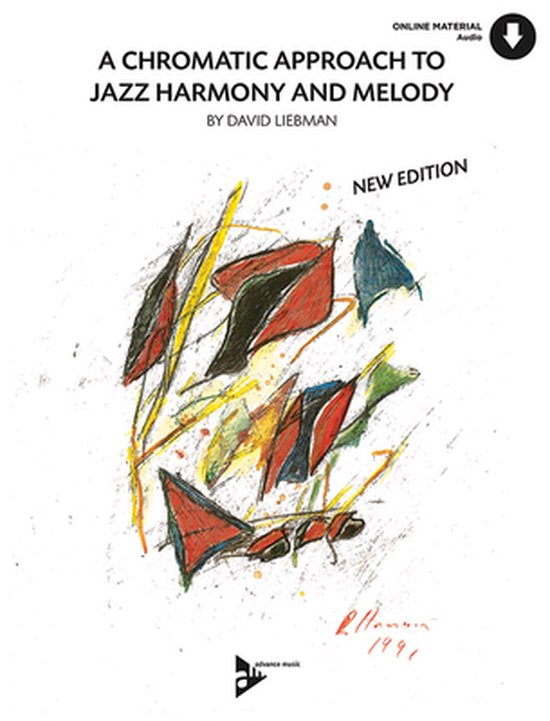
The Critical Nexus
Through a detailed examination of the major musical treatises from the sixth through the twelfth centuries, this text establishes a central dichotomy between classical harmonic theory and the practices of the Christian church.
The Critical Nexus confronts an important and vexing enigma of early writings on music: why chant, which was understood to be divinely inspired, needed to be altered in order to work within the then-operative modal system. To unravel this mystery, Charles Atkinson creates a broad framework that moves from Greek harmonic theory to the various stages in the transmission of Roman chant, citing numerous music treatises from the sixth to the twelfth century. Out of this examination emerges the central point behind the problem: the tone-system advocated by writers coming from the Greek harmonic tradition was not suited to the notation of chant and that this basic incompatibility led to the creation of new theoretical constructs. By tracing the path of subsequent adaptation at the nexus of tone-system, mode, and notation, Atkinson promises new and far-reaching insights into what mode meant to the medieval musician and how the system responded to its inherent limitations. Through a detailed examination of the major musical treatises from the sixth through the twelfth centuries, this text establishes a central dichotomy between classical harmonic theory and the practices of the Christian church. Atkinson builds the foundation for a broad and original reinterpretation of the modal system and how it relates to melody, grammar, and notation. This book will be of interest to all musicologists, music theorists working on mode, early music specialists, chant scholars, and medievalists interested in music.
The Critical Nexus confronts an important and vexing enigma of early writings on music: why chant, which was understood to be divinely inspired, needed to be altered in order to work within the then-operative modal system. To unravel this mystery, Charles Atkinson creates a broad framework that moves from Greek harmonic theory to the various stages in the transmission of Roman chant, citing numerous music treatises from the sixth to the twelfth century. Out of this examination emerges the central point behind the problem: the tone-system advocated by writers coming from the Greek harmonic tradition was not suited to the notation of chant and that this basic incompatibility led to the creation of new theoretical constructs. By tracing the path of subsequent adaptation at the nexus of tone-system, mode, and notation, Atkinson promises new and far-reaching insights into what mode meant to the medieval musician and how the system responded to its inherent limitations. Through a detailed examination of the major musical treatises from the sixth through the twelfth centuries, this text establishes a central dichotomy between classical harmonic theory and the practices of the Christian church. Atkinson builds the foundation for a broad and original reinterpretation of the modal system and how it relates to melody, grammar, and notation. This book will be of interest to all musicologists, music theorists working on mode, early music specialists, chant scholars, and medievalists interested in music.
| Auteur | | Charles M. Atkinson |
| Taal | | Engels |
| Type | | Paperback |
| Categorie | | Kunst & Fotografie |




